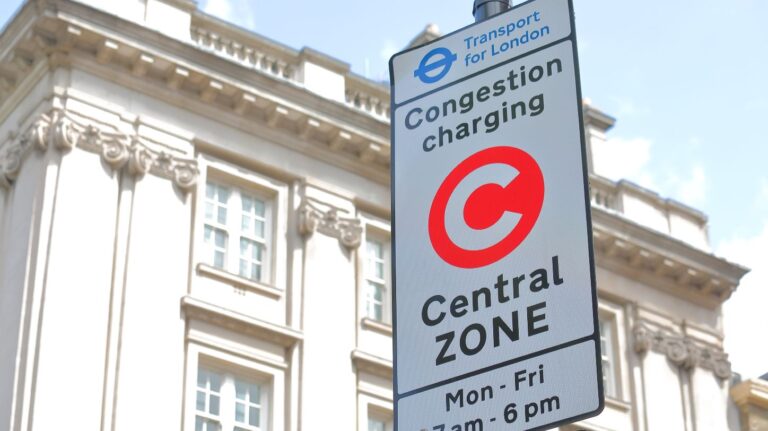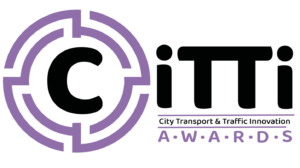The mayor of London, Sir Sadiq Khan, has announced that the central London daily Congestion Charge will rise from £15 to £18 from 2 January 2026, with zero-emission vehicles also losing their 100% exemption.
From 2 January, electric vans and lorries will receive a 50% discount, electric cars a 25% discount and from March 2030 the discount will reduce to 25% for electric vans and lorries and 12.5% for electric cars.
The new charges will see further annual increases to follow in line with Tube fare rises while the residents’ discount, which is currently 90% off the daily charge within the zone, will also be tightened.
From March 2027, new applicants will only qualify if they drive an electric vehicle, with existing residents will continue under current rules.
Low-income and disabled Londoners living in the zone will maintain a 100% exemption until 2030, Transport for London (TfL) stated.
Additionally, the Cleaner Vehicle Discount (CVD) was introduced in 2019 to run until 25 December 2025, but now the mayor has decided to continue incentivising the switch to electric vehicles (EVs).
The new system, with tiered discounts available via Auto Pay, means that the daily Congestion Charge will increase from £15 to £18 from 2 January 2026 – a lower than inflation increase and the first increase since 2020, TfL reports.
READ MORE: Silvertown Tunnel reduces congestion across east London river crossings
Without these changes, TfL has estimated that there could be more than 2,000 additional vehicles driving during operating hours in the zone on an average weekday.
This would undermine the benefits of the Congestion Charge, leading to more queues and delay, with congestion costing London £3.85 billion, averaging £942 per driver. in 2024 alone.
Mayor of London, Sadiq Khan, said: ”Keeping London moving by reducing congestion is vital for our city and for our economy.
“While the congestion charge has been a huge success since its introduction, we must ensure it stays fit for purpose, and sticking to the status quo would see around 2,200 more vehicles using the congestion charging zone on an average weekday next year.
“We must support Londoners and businesses to use more sustainable travel, so I’m pleased that substantial incentives will remain in place for Londoners who switch to cleaner vehicles, as we work to build a greener and better London for everyone.”
The scheme’s expansion follows analysis of responses to a consultation conducted by TfL, and reflects the growth of ultra-low-emission vehicles in London.
Ultra-low-emission vehicle registrations have risen almost six-fold since 2019 from around 20,000 to more than 116,000 earlier this year.
With around 41,000 drivers paying the charge each day, and approximately 2,500 penalty tickets issued daily for non-payment, TfL stated that the network remains a critical component of London’s transport strategy.
TfL director of strategy, Christina Calderato, said: “If we want to ensure that London remains a thriving city for everyone to enjoy, then it’s vital that traffic and congestion is kept under control and managed effectively.
“The changes to the Congestion Charging scheme play a key role in allowing us to do that, while striking a careful balance that enables drivers, businesses and other organisations to continue transitioning to cleaner vehicles and more sustainable forms of transport.”
Achievements and innovations in sustainable transport planning will be recognised and celebrated at the fourth annual CiTTi Awards on 25 November 2025 at De Vere Grand Connaught Rooms in London. Visit www.cittiawards.co.uk to learn more about this unmissable event for the UK’s transportation sector!






